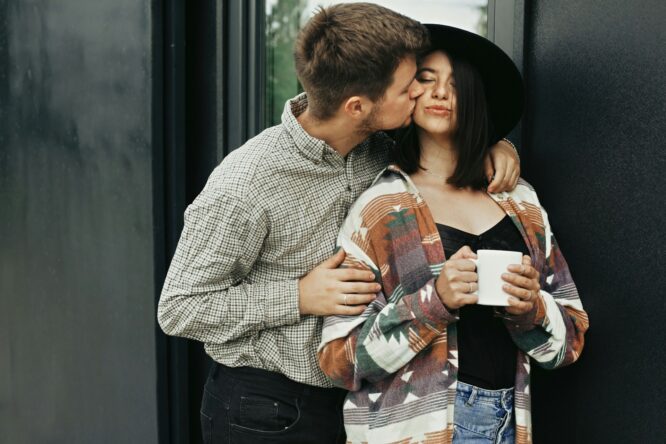We sadly live in a world that still doesn’t always make space for queer love to breathe.
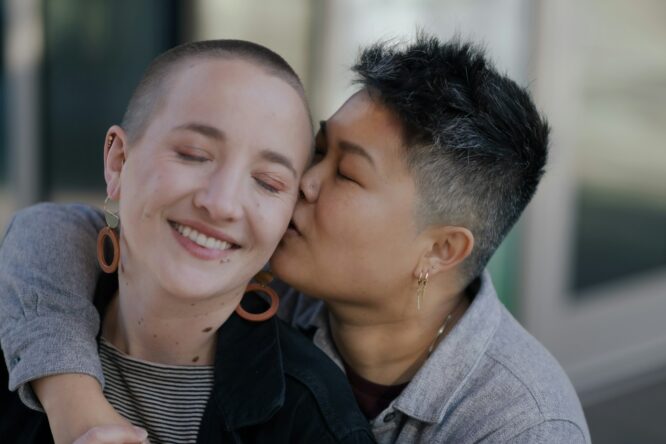
That’s why finding a relationship that feels safe, joyful, and deeply mutual is so powerful. It’s not just about chemistry or shared identity—it’s about the way you show up for each other, consistently and with care. Here are some majorly green flags that suggest you’re building something genuinely healthy—something rooted in emotional safety, mutual respect, and real connection.
1. You don’t feel like you have to shrink or edit yourself.
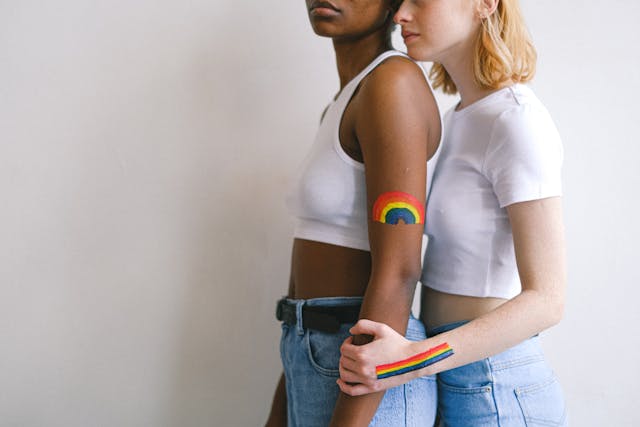
Whether it’s how you dress, speak, love, or process emotions—you both get to be your full selves without fear of judgement. There’s no pressure to “tone it down” or play a part to seem more palatable. That kind of freedom creates space for honesty. When you feel seen without having to explain or filter, it’s a sign you’re on safe ground.
2. You talk about queerness openly and without awkwardness.
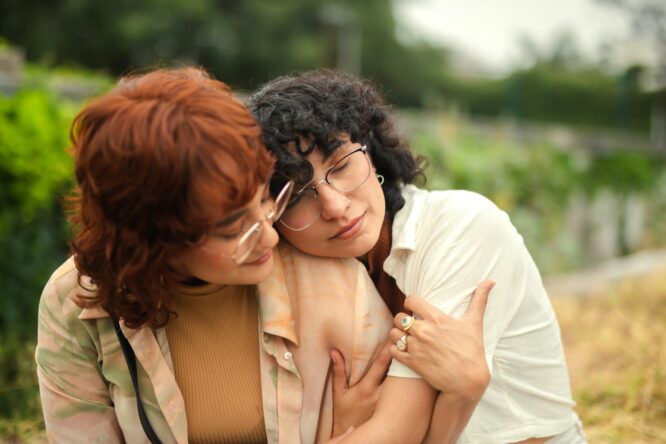
Whether it’s your past experiences, family dynamics, gender identity, or shared frustrations about the world—you can speak about queerness without it feeling fragile or avoided. Healthy queer relationships leave room for nuance. You’re not tiptoeing around identity—you’re integrating it into the relationship in a way that feels natural and respected.
3. You support each other’s evolution without fear.
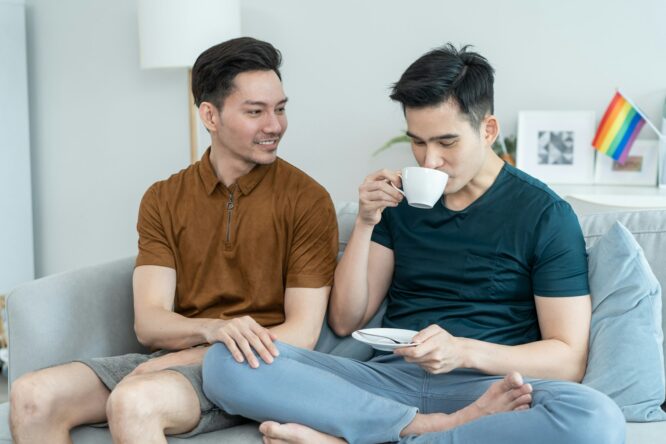
Identity isn’t always fixed. You might grow, change labels, explore new parts of yourself. A green flag is when that growth isn’t seen as a threat, but as something to support, even when it means having new conversations or adjusting old expectations. You don’t have to stay exactly the same to stay in love. You just have to stay honest and open as you both evolve.
4. You feel emotionally safe, even when you disagree.
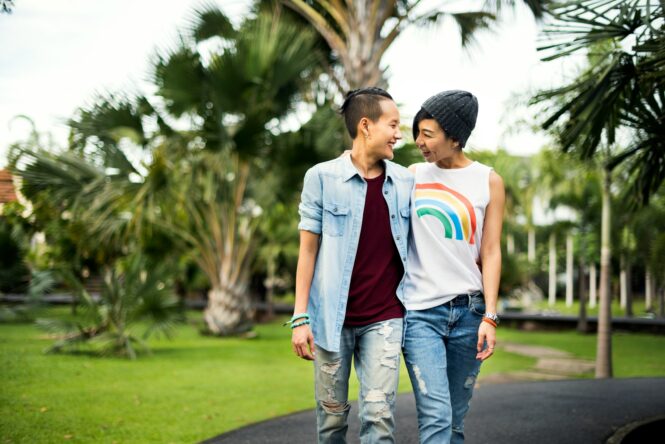
Disagreements are normal. What matters is how they’re handled. In a healthy dynamic, you don’t fear being shut down, belittled, or ignored when you speak up. You both stay grounded, curious, and willing to repair after conflict. That total safety allows for vulnerability without fear of emotional punishment—and that’s the foundation of real intimacy.
5. You’re not just partners—you’re allies for each other.
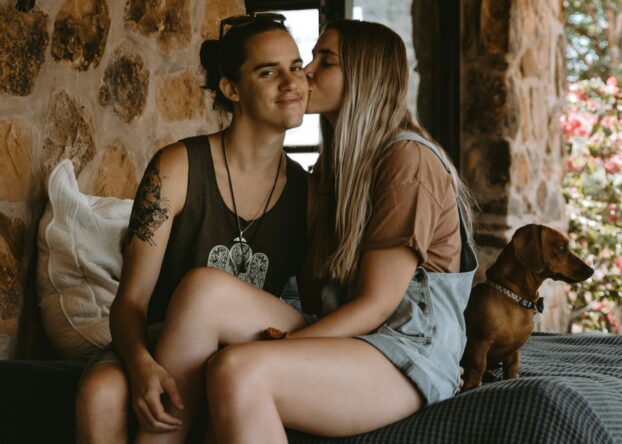
It’s one thing to love someone. It’s another to stand up for them. A green flag is when your partner actively supports your safety, your boundaries, and your well-being in and outside the relationship. That can look like checking in after a weird social situation, using the right language, or simply holding your hand in a space that feels uncomfortable. It’s understated advocacy, and it means a lot.
6. You both prioritise clear, respectful communication.
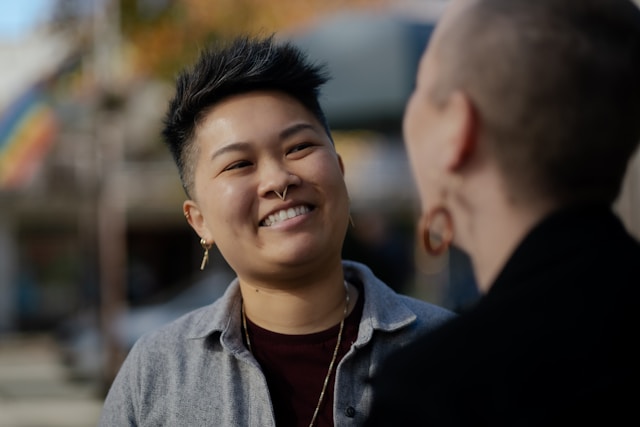
You don’t play mind games, make assumptions, or expect the other person to just know how you feel. You say the real thing, even when it’s awkward, because honesty is more important than keeping things light. That level of solid communication doesn’t just solve problems. It builds trust. You both know where you stand, and that steadiness is what makes everything else feel safer.
7. There’s space for individual identity within the relationship.
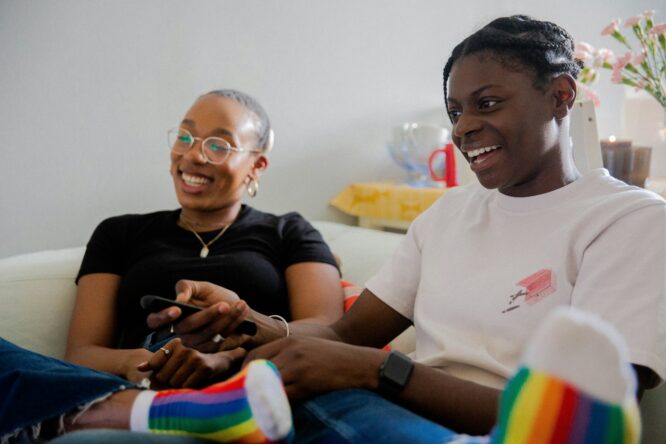
You don’t have to blend into one person to feel connected. You can have different labels, expressions, friendship circles, or even views, and still be deeply compatible. In healthy queer relationships, individual identity is respected, not erased. You make room for each other’s uniqueness, instead of seeing it as something that needs to match perfectly.
8. You can talk about boundaries without guilt or weirdness.
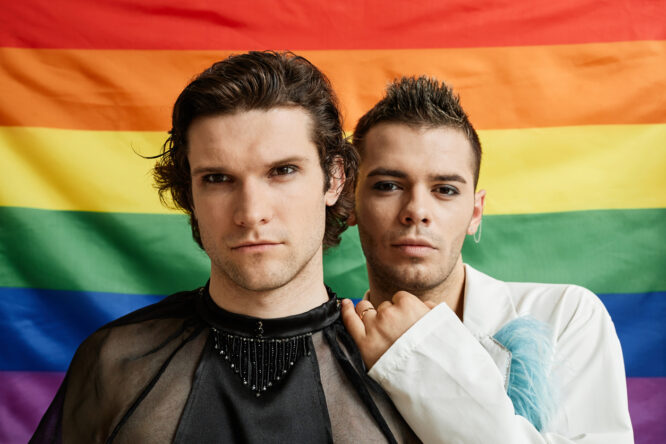
Boundaries aren’t just tolerated—they’re appreciated. When one of you says, “I need space” or “That doesn’t feel good to me,” it’s met with curiosity, not defensiveness. You don’t have to perform constant emotional labour just to keep the peace. This makes it easier to stay close, because the relationship doesn’t require over-functioning or walking on eggshells.
9. You celebrate each other’s wins—without competition.
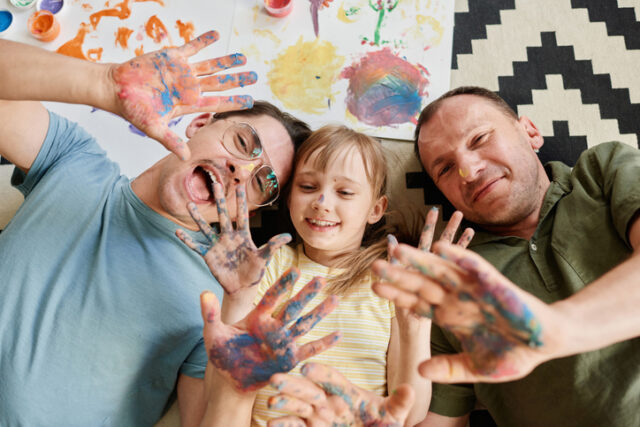
Whether it’s creative success, personal growth, or just a small life victory, you feel genuinely happy for each other. There’s no jealousy, one-upmanship, or subtle undermining. Healthy relationships are based in mutual support, not rivalry. When one of you shines, the other claps loudly—and means it.
10. You’re able to name fears without them being used against you.

Sharing insecurity isn’t treated like weakness. You don’t have to worry that your vulnerable moments will be stored away for future arguments. Instead, they’re met with care and curiosity, not weaponised later. That level of emotional safety helps you open up without fear of being judged or manipulated.
11. There’s a shared understanding of power dynamics.

In queer relationships, things like gender, class, race, and neurodivergence can create subtle imbalances. A green flag is when you both acknowledge those layers and consciously work to check power, not exploit it. It’s not about being perfect. It’s about being accountable, open, and willing to unlearn together.
12. You don’t rely on each other to fix everything.
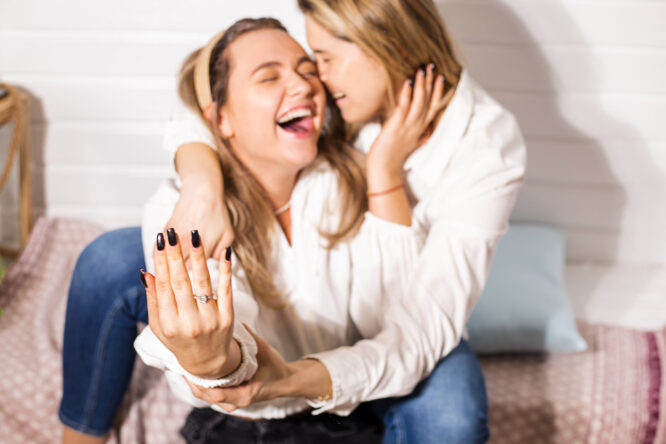
You’re there for each other, absolutely, but you also understand that no one partner can be your therapist, your emotional regulator, and your entire support system all at once. You both stay mindful of your emotional capacity and don’t push past what’s fair. This prevents burnout and resentment, and keeps the love flowing from a place of choice, not obligation.
13. Intimacy is navigated with communication, not assumption.
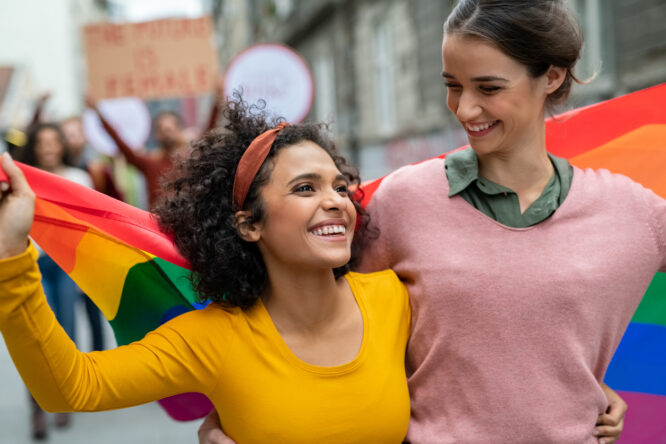
You don’t just “go with the flow” and hope it all works. You talk about what feels good, what doesn’t, what you’re exploring, and what might be changing. There’s room for consent, care, awkwardness, and laughter. Healthy queer intimacy isn’t about performance—it’s about presence. Communication keeps things connected, not pressured.
14. The relationship feels like a soft place to land, not a constant proving ground.
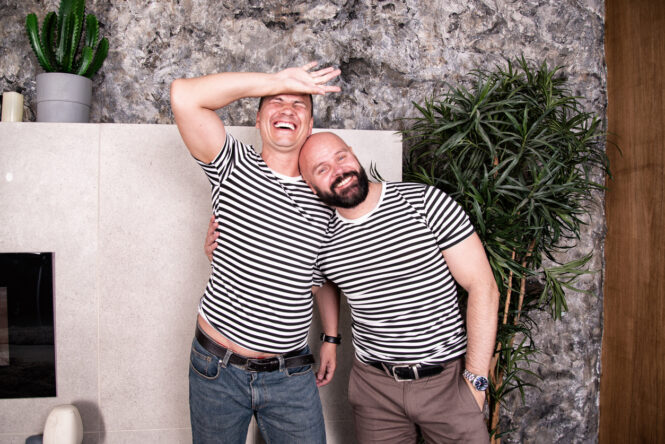
You don’t feel like you’re always walking a tightrope, trying to be enough. You don’t feel like your queerness needs to be explained or softened. You feel wanted, chosen, and safe—without having to hustle for that safety every day. When a relationship feels like home, not a spotlight or a battle, it’s worth holding onto. That’s not just love. That’s health.




